 |
Wrington Historical PAGEANT Page 2 |
 |
 |
Wrington Historical PAGEANT Page 2 |
 |
|
The world-famous philosopher, John Locke, was born in Wrington in 1632, at the home of his mother's grandmother, Mrs Keene. |
|||||||||||||||||||||||||||
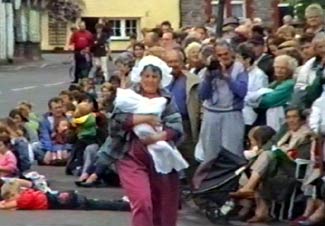 |
|||||||||||||||||||||||||||
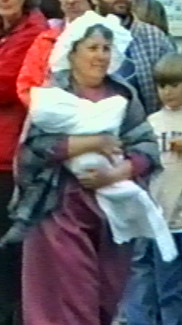 |
|||||||||||||||||||||||||||
|
So, it was only because, by chance, his mother was visiting her grandmother, that he was born in Wrington. She had him baptised the very same day, and later took him back to Belluton, near Pensford. As a philosopher, he is said to have influenced the drafting of the Constitution of the USA. He died in Essex, aged 73, without ever returning here. There's a bust of him in All Saints' south porch, and in the John Locke Room - by the Memorial Hall - where the Parish Council hold their meetings. |
|||||||||||||||||||||||||||
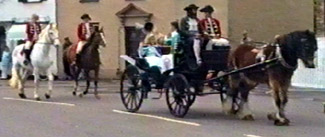 |
|||||||||||||||||||||||||||
| The Civil War was looming in 1642, and the village was divided between those who supported the King, Charles I, and those who were for Cromwell and Parliament. |
|||||||||||||||||||||||||||
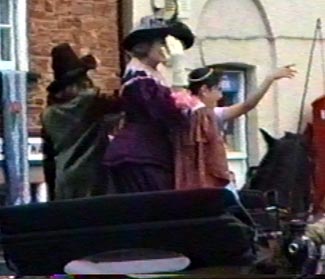 |
|||||||||||||||||||||||||||
|
After the King's defeat at Marston |
|||||||||||||||||||||||||||
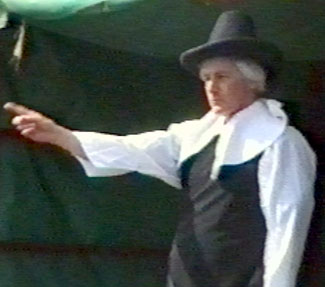 |
|||||||||||||||||||||||||||
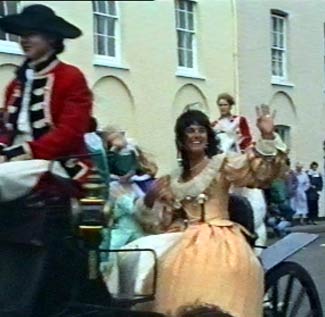 |
|||||||||||||||||||||||||||
| The Rector of the day, Samuel Crooke, was a Calvinist and would have made no secret of his opposition to royalty. "When I came to this wretched spot," he declared, "I made a vow that I would cultivate it, manure it and manage it. |
|||||||||||||||||||||||||||
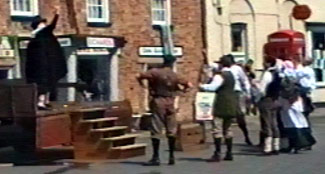 |
|||||||||||||||||||||||||||
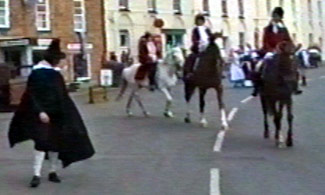 |
|||||||||||||||||||||||||||
| At the beginning it looked as if the Model Army would win quickly, and I was able to exert great influence, but later, for a while, they were less successful, and I was in danger of losing my living. | |||||||||||||||||||||||||||
| I wasn't going to do that - after all I had a duty to my flock." | |||||||||||||||||||||||||||
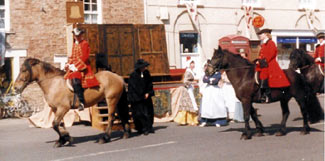 |
|||||||||||||||||||||||||||
| "Those Royalist soldiers did their best to humble me - I had to preach a number of sermons in penance for my parliamentary views - but no matter, praise to the Lord, in the end Parliament triumphed, and I was vindicated ... well, at least I didn't lose my living." | |||||||||||||||||||||||||||
To continue  |
|||||||||||||||||||||||||||